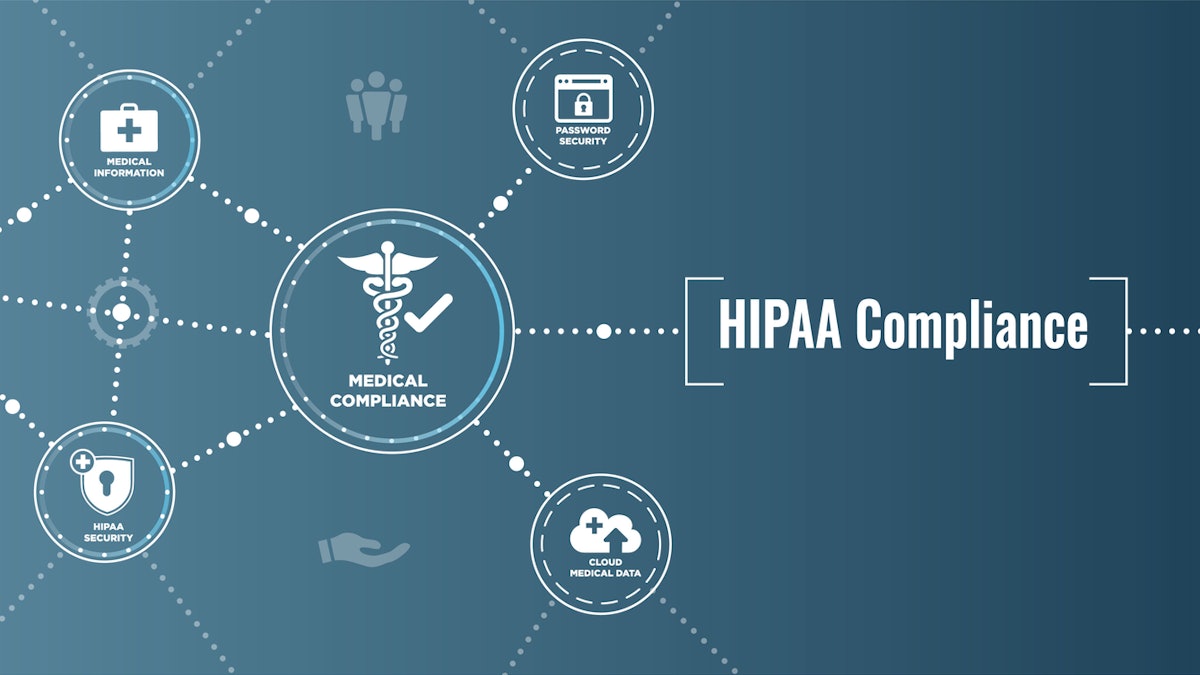The protection of sensitive data has become a concern for every business in the digital age. Health Insurance Portability and Accountability Act provides strict guidelines in the health sector regarding the management, storage, handling and safeguarding of protected medical information (PHI). HIPAA compliance is crucial for healthcare providers to ensure privacy, avoid penalties and maintain an image of trust.

HIPAA encompasses all healthcare providers, health plans, healthcare clearinghouses as well as business associates. PHI may contain any information that could be used to identify a person that includes names, addresses and credit card numbers. It also includes details about medical conditions and procedures. PHI could be sold on the black market at a high price due to its use for identity theft.
The HIPAA privacy rules provide guidelines for the use and disclosure of PHI. The covered entities must implement policies and procedures to protect the confidentiality, integrity and availability of electronic personal health information (ePHI). These policies must contain access control, security incidents procedures, security education, and other measures to protect the privacy of PHI. The covered entities must limit their use and disclosures of PHI to what is necessary to achieve the purpose for which they are being used or disclosed.
The Security Rule of HIPAA mandates organizations who are subject to the rule guarantee the integrity and confidentiality of ePHI with reasonable and adequate physical and administrative security measures. These safeguards include audit controls and access controls in addition to integrity control, transmission safety, and contingency plans. They must also regularly assess risk levels to determine potential vulnerabilities and then implement measures to minimize those risks.
The HIPAA Breach Notification Rule mandates that covered entities notify affected patients or affected, as well as the Secretary of Health and Human Services and in some cases media in the event of an unintentional breach of PHI. A breach is defined as an acquisition of, access to, disclosure, or the use of PHI that is in violation of the Privacy Rule and compromises the security of or privacy. The entities that are covered by the rule must conduct a risk assessment in order to determine if PHI is in danger and what harm could be resulting from the breach.
HIPAA compliance is a continuous program of education and training. This assures employees are aware of their responsibilities in regards to patient privacy and security. They must also carry out regular risk assessments to discover potential vulnerabilities and implement measures to mitigate those risks. These measures may include implementing security controls, encryption of ePHI as well as implementing contingency plans for the event of a security incident.
The modern age of technology has made an enormous impact on all aspects of our lives, including healthcare. Electronic health records were revolutionary since they enabled healthcare professionals and patients to exchange information easily. HIPAA compliance is vital due to the numerous cyber-security risks that have been uncovered. The information about patients is extremely sensitive and must be safeguarded at all cost. HIPAA’s importance is greater than ever due to the ever-growing threat of cyberattacks. HIPAA is an act that can help secure the privacy of patients as well as information security, thereby increasing trust among patients towards their healthcare providers.
HIPAA can assist healthcare providers keep their patients’ trust and secure their privacy. HIPAA violations can cause fines of up to $100,000 or more, and legal action as well as harm to your reputation. The Department of Health and Human Services’ Office for Civil Rights (OCR) is responsible to enforce HIPAA regulations. They also have the authority to investigate complaints and conduct compliance reviews.
HIPAA compliance is essential for healthcare providers to safeguard privacy of patients in the digital age. The regulations outlined by HIPAA set out clear guidelines for the management of storage, handling, and protection of patient health information. Health care facilities must put in place policies and procedures to ensure compliance to HIPAA regulations. They must be conducting regular risk assessments and also educate and train their employees. When they do this, healthcare organizations can maintain the trust of their patients and avoid legal actions.
For more information, click importance of hipaa